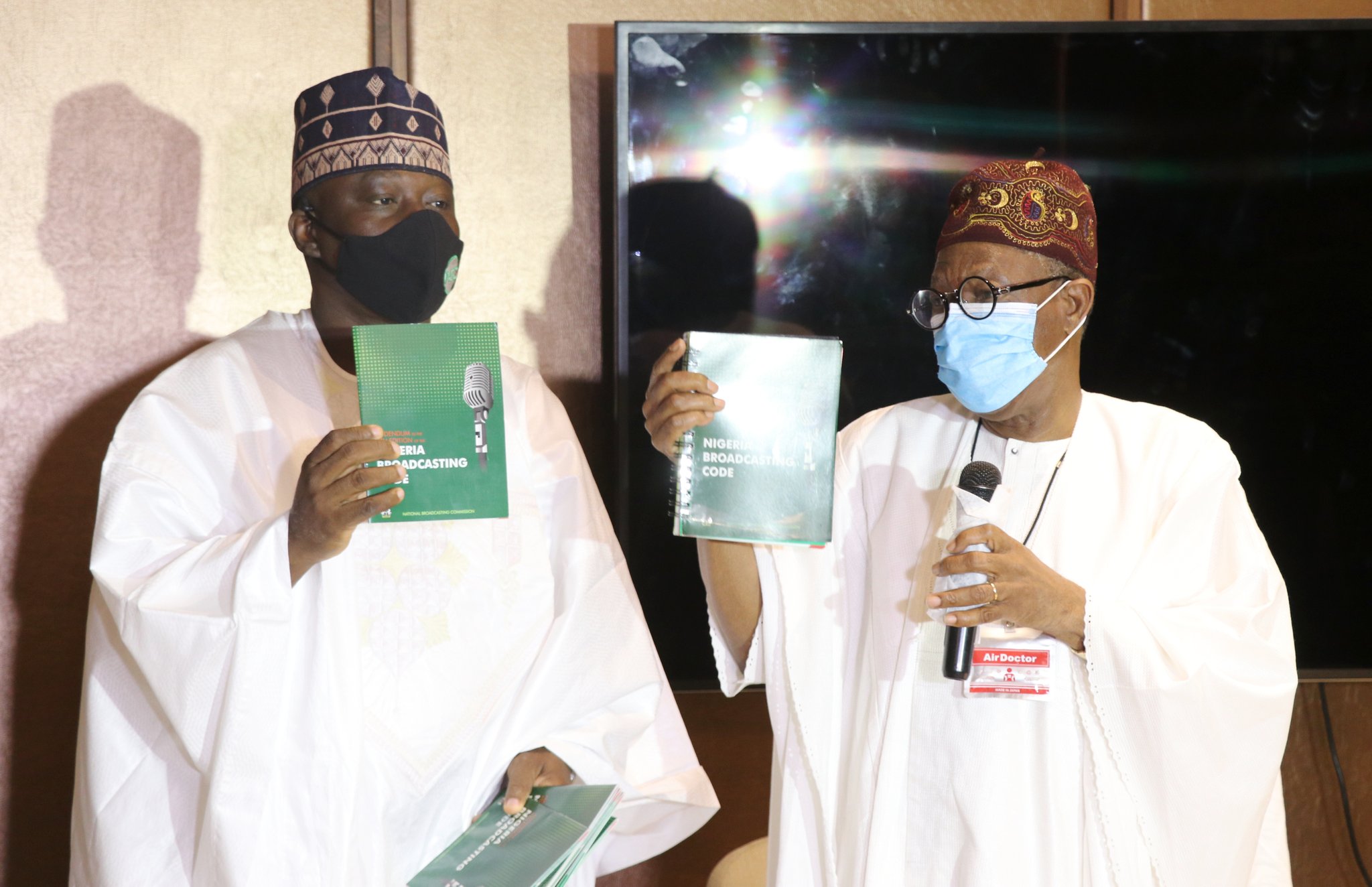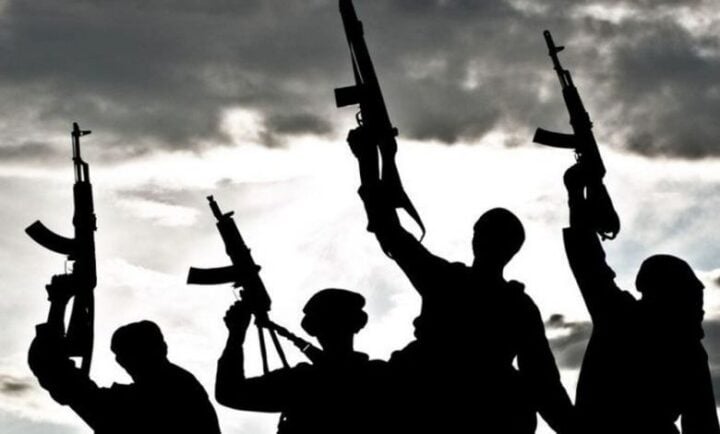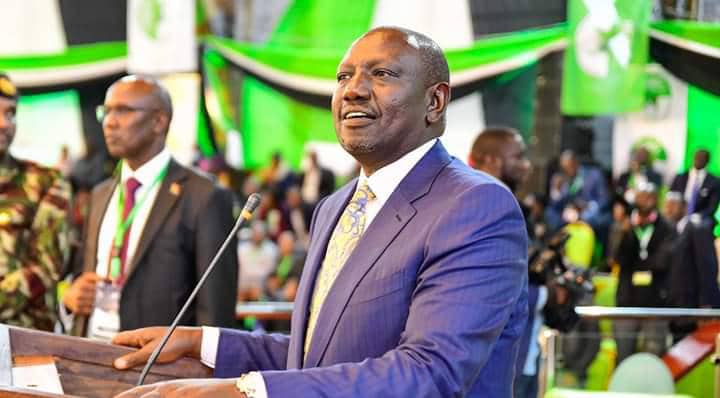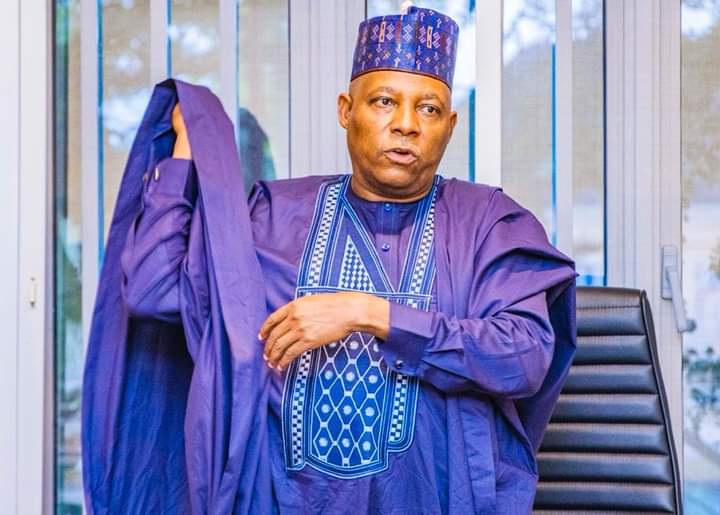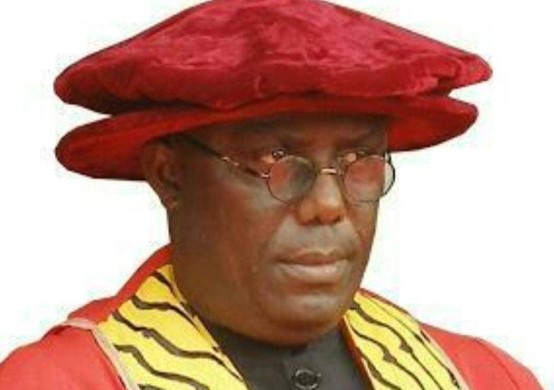A government should be concerned about demonstrable proof of performance, what the political savvy would call the dividends of democracy, for it to earn sustainability into the future. But where there are evidential reasons making performance impossible, the government should, at least, maintain structures inherited.
This government does not enjoy this credit at the moment. What is most visible to the eyes is that everything is down to where they call rock-bottom. Life has become a nightmare and there is hardly anything reflective of a global standard. The government has created a demeaning standard for the nation and, if anything, they would wish for a homogenised lobotomy of the citizenry so that their failures and misdeeds would be clearly forgotten. Except there is supervening health challenges, the human brain hardly forgets, not when the body suffered the impairment of a failed system. The record books will be opened at some point and performance metrics released for all to see.
Today, I will take a little strand of this administration by way of demonstrating how the the government undermines things that used to hold value for the people, including institutions. The National Broadcasting Commission (NBC) came into existence on August 4, 1992. Decree 38 which gave birth to the regulator under the Gen. Ibrahim Babangida (rtd) administration, also charged it with the responsibility of introducing private broadcasting into the broadcast ecosystem, thereby permanently removing broadcast operations from the stranglehold of the various governments – Federal and States. Such audacious decision by a military government has witnessed the birth of a plurality of stations of different genres – radio, TV and DSTV – to the nation. Beyond expectations the stations, some of them very successful, have provided robust alternatives in terms of content and technology, that have proven difficult for government stations to rival.
The NBC was an elite regulatory institution which initially had far better prospects than its other peer, the Nigerian Communications Commission (NCC) until Engr Ernest Ndukwe turned things around for the latter from the year 2000. Under the various administrations, including some tough military rulers, the NBC did not only survive but it has also done very well, leaving quite an attractive legacy.
Advertisement
Painfully the regulator has faced serious challenges in recent times. It is mired in unnecessary controversies and litigations while its authority over the broadcast industry has come under serious scrutiny. The legacy is threatened and people are saying a prayer for its survival.
Oh, the situation is not so bad? Let’s stimulate our memory. About a week before the NBC would hit the nation with surprise withdrawal of 53 licences because of inability to pay license fees, Alhaji Lai Mohammed, the Minister of Information and culture, while speaking at an MOU signing ceremony between Integrated Television Service Ltd (ITS) and NTA-Star Times had said that other broadcast stations in the country would soon be directed to migrate to the platform of ITS for signal distribution. For a start, GOTV would be asked to migrate immediately.
That sounded right and quite something to celebrate except that such directive would be too perfunctory to be reasonable. Just a little history in addition to the one we already started would do. ITS and Pinnacle Nigeria Limited were licensed by the NBC as super signal carriers to play lead role in the Digital Switch Over (DSO) exercise in Nigeria. It means that ITS and Pinnacle would provide the digital platforms to carry broadcast signals for other operators anywhere in the country. The operators would direct their efforts and resources to content generation. Good intentions but the climb to the top of an iroko tree is not a very simple one, so goes the saying among my people.
Advertisement
The readers of this column would attest to the fact that I am an apostle of the DSO exercise in Nigeria and would wish that the process succeeded from the day the first launch took place in Jos in April 2016. That has not happened as Nigeria lives outside the window of implementation, having missed the target twice, 2015 and 2020.
The DSO was a cardinal programme for this administration which the Minister said was prioritised because of its multi-pronged capacity to generate jobs and reflate an economy that seriously needed help. Few months to the end of a government that has run the nation aground, Mohammed wants to embark on knee-jerk decision to fast track the process: direct GOTV and other stations to go on the platform of ITS. One other thing however, GOTV has a Digital Terrestrial Television (DTT) license which will run out in a couple of years.
Let this be stated. The Minister cannot force any station to take a business decision especially with the availability of choices. The broadcasters may be more interested in taking a ride with Pinnacle. Unfortunately, not even ITS and Pinnacle have the capacity to embark on reasonable signals carriage at the moment.
Following the position of the Minister, Nigeria may at last be trying to fit the engine of a Formula 1 race car into a very small Volkswagen Golf car. Reason being that while ITS and Pinnacle have points of presence only in about seven states of the federation, GOTV has facilities in about seventeen states of the federation. The other broadcasters – AIT, TVC and Channels, among others, even have more. There is an observation here we have refused to make which is nothing but a positive.
Advertisement
A significant development last week was the decision of the Federal High Court in Lagos which stopped President Mohammadu Buhari and the NBC from revoking the licenses of 53 operators for their failure to pay their renewal fees. It was an interim injunction granted to the Socio-Economic Rights and Accountability Project (SERAP) and Nigerian Guild of Editors (NGE); in the case before Honourable Justice Akintayo Aluko.
It was the third case against the NBC just within months. In May, a Federal High Court in Lagos thrashed the 6th Edition of the Nigeria Broadcast Code for being ultra vires, incompetent null and void, and perpetually restrained the Commission from implementing it. In July, an Appeal Court sitting in Port Harcourt asked the NBC to make a determination in the programming sublicensing complaint between Multichoice and Metro Digital Licensing within 21 days. I will want to state here that I am yet unaware of a resolution of this particular case. There are many more ongoing litigations.
The irony in the foregoing however, is that each case is self-inflicted. The nullification of the Code was consequent upon the discontent some people felt about the manipulation of the amendment. There can be ample evidence that some very powerful forces involved in the process had some conflict of interest they tried to service. The Metro case also emanated from some flaws in the Code, where one operator would try to build a business on the sweat of another organisation because the amended Code gives him the latitude to make a demand.
I have been asked the question, whether the broadcasters were not supposed to pay their license renewal fees. My tacit answer is: yes they must pay. However the handling was like a fellow taking home firewood infested with ants: messy. There were so many ways to handle that regulatory process without attracting litigation. After all, I have seen a copy of the letter of appreciation the NBC sent to some operators after a presumed settlement, it didn’t seem the quarrel was to the death. So, what happened?
Advertisement
Here are my observations, including the positive earlier speculated. The DSO is not making meaningful progress. Time has come for the Ministry and regulator to drop all latent personal interests, call a stakeholders crisis resolution meeting, and tap into the capacity available in the industry.
The NBC must look for a way to enjoy some independence as a regulator because the walls have ears, as they say. People are aware of some of the drama that played out before the list of debtors was released. Most of the workers there are technically competent. They should be allowed to do their job without encumbrances. And finally, the NBC Act must be amended if the broadcast industry is to have a future.
Advertisement
Views expressed by contributors are strictly personal and not of TheCable.

